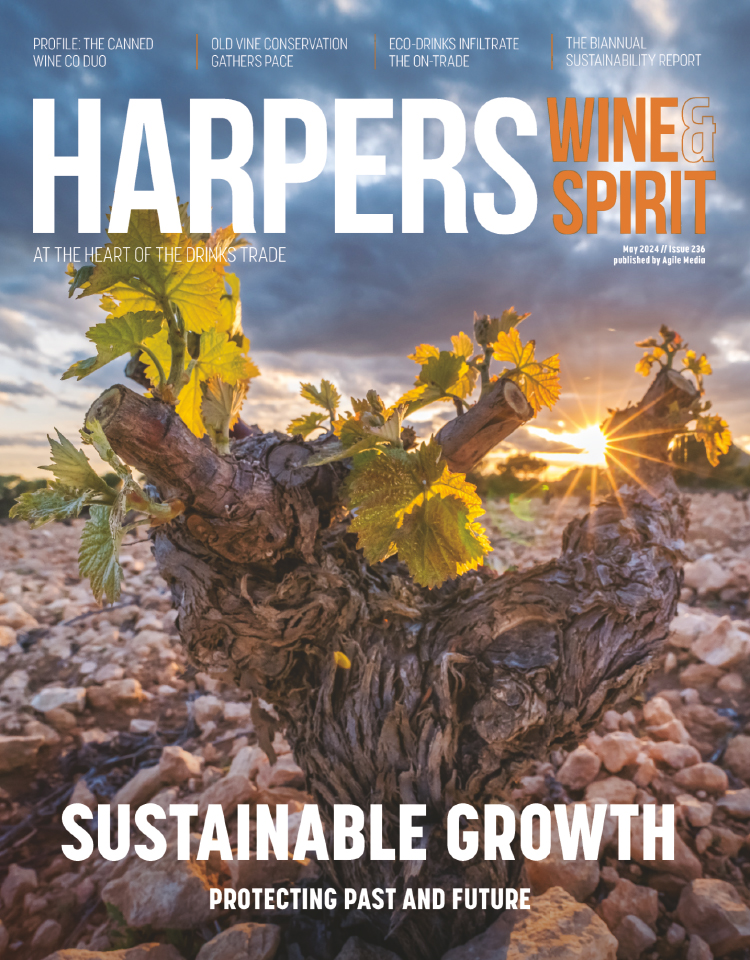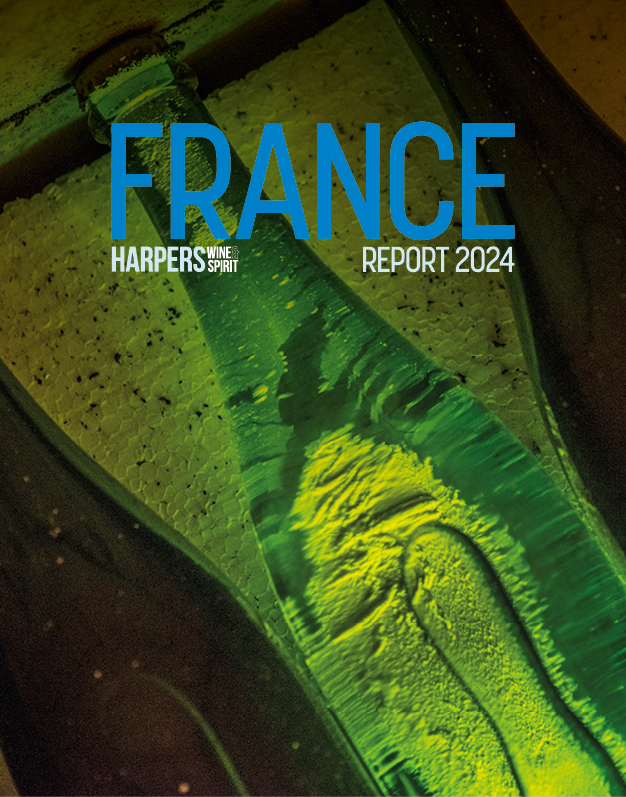
Damien Wilson on why wine bloggers are an endangered species
One of the great communication innovations assisting the wine sector's recovery has been the birth of the wine blogger. Since wine blogging began, its role has evolved from being a publicly recorded journal by wine enthusiasts through to a buying guide and discussion platform for news and events in the wine sector.
In the early years of wine blogging, the blogger had to fight to be recognized as a credible and valuable member of the wine sector.
However, all began to change as the era of social media burst on to the commercial scene. With the hype surrounding social media platforms capturing the imagination of wine businesses, the status of celebrity fell onto wine bloggers.
Concurrently, the role of professional wine writers was put into question as wine column space decreased in the daily papers. Suddenly, the credibility and potential of a blogger's loyal audience began to appeal to a sector where most producers only needed to capture a small, but accessible, segment of the market.
As wine bloggers began receiving samples, press trip invitations and welcomes to attend tasting events, wine businesses waited with interest for blog inches to create sales, and for droves of loyal customers to come knocking in search of their new favourite wine.
Thankfully, there are some examples of bloggers having achieved this aim, just as there are examples of wines and wine controversies having made a blogger's popularity. This new relationship began in earnest, and was working well for a time.
However, the relationship began changing in recent years as wine bloggers proliferated, and wine businesses began querying the blogger's value. Word started circulating on whether the publicity created by wine bloggers was worth the cost that wineries were paying.
Difficult balancing act
Wine producers have always struggled with the fine line between the expectation of a blogger's contribution and the value of what bloggers expect in return. Freedom of speech is a blogger's currency because they are supposed to bring independent views from an informed standpoint on the wine sector.
A blogger must thus remain independent from commercial appeals, and write for their audience. However, a blogger must also remember that the wine producer is looking to create awareness for their brand in the consumer's mind. This should be why they approach specific bloggers. Thus, for wine businesses who recognise a consistency between a blogger's preferences and the winery's products, there is an opportunity to link the two for mutual benefit.
What has now come into question is how difficult it is for a producer to understand the independency and freedom of choice for a blogger.

|
As Réka Haros, who runs her own Italian Sfiro winery, explains: "If I invite a blogger to my winery, and after I have paid for all of the costs the blogger still thinks I am not worth a mention, it is his/her right to do so. It is also obvious that I, the producer, will never again pay a cent for his/her freedom to not write. I am sure they can still find something positive and interesting to write about, even if much of the experience was indifferent. As Sarah Abbott MW wrote in a comment on this topic recently 'it's about the [blogger's] intentions'."
 Reka Haros of Sfriso winery in Italy
Reka Haros of Sfriso winery in Italy
What surprises wine producers is that bloggers could think it is appropriate that producers accept their freedom to not write anything after having traveled and been accommodated at the producer's expense. Remember that a producer does not have to agree with a blogger's perspective. But to not write anything after receiving value in wine, time, restauration and accommodation is simply a one-way transaction. In other descriptions of commerce, a one-way transfer of value could also be called 'theft'.
Most wine producers just don't have the budget to spend annually to promote themselves. If they are barely making enough margin/bottle to buy a cappuccino, it doesn't take Einstein to understand that paying for bloggers' trips is a huge financial effort for most wineries. If the bloggers then in return write nothing, then they also don't contribute any awareness about elements of their sector. And as I said at this week at Wine Vision, "the biggest challenge facing a wine producer is first convincing consumers that you exist".
During the session I recently chaired on 'Antiblogging', at the Digital Wine Communicators Conference, it was suggested by each presenter that bloggers need to thus understand the influence they have (or could have) on their audience. Although the blogger may not know who, and how many readers end up buying the wines appearing on their blogs, it is not difficult to find out such information. Data such as viewer numbers, time spent on pages, repeat visits, and the number and length of comments made in response to each blog is freely available. Further, a blogger in touch with their readers would also know about readers' preferences, opinions, and even behaviours. These are all tools to illustrate how much potential value a blogger can provide a wine business.
Bloggers have been courted by wine producers in recent years, under the auspice of their potential influence. But bloggers need to stay relevant just as any other professional in the sector, and producers are starting to question whether the wine blogger is, indeed, relevant.
Although bloggers are valued for their credibility and knowledge, if they aren't also influential, they should not expect to receive gratuity for their principles. It is just not enough to write or not write, based on a whim. Consumers/readers know the difference, and will follow the most informed, informative, and influential communicators over time.
Wineries are beginning to distinguish the difference, and are analysing closely as to where they should spend their few available euros.
* Dr Damien Wilson heads up the MSC in to wine business at Burgundy's School of Wine and Spirits Business.







